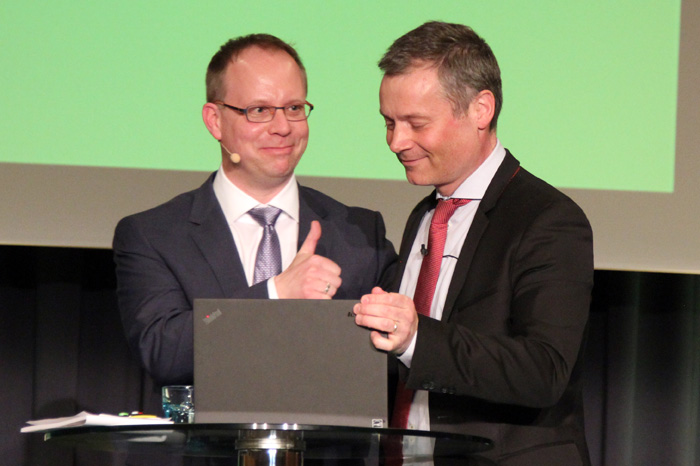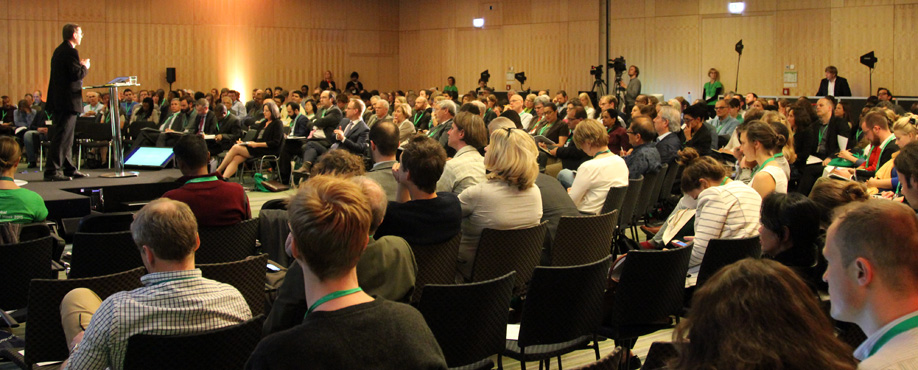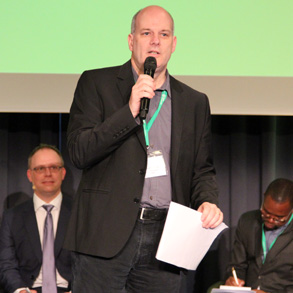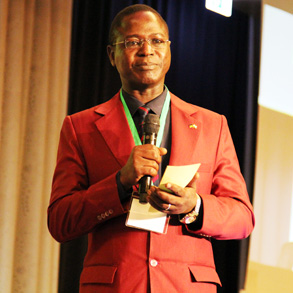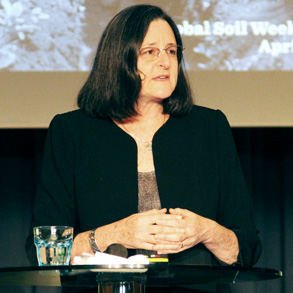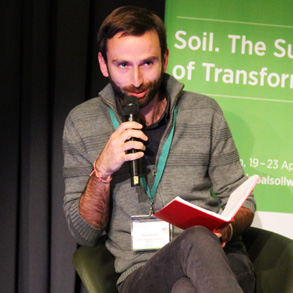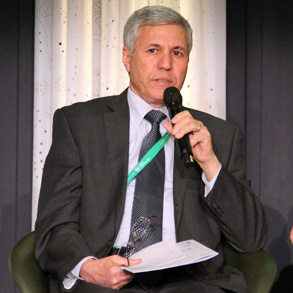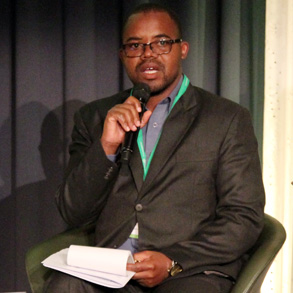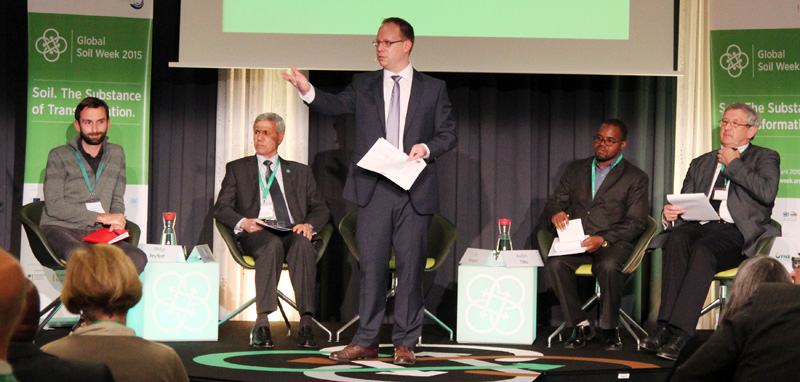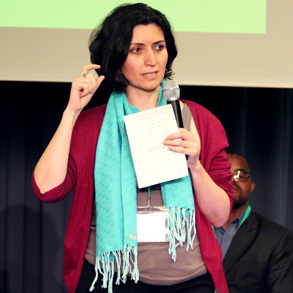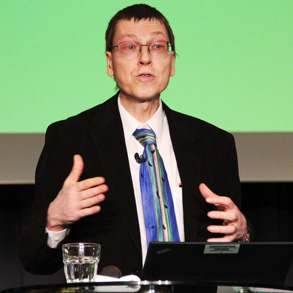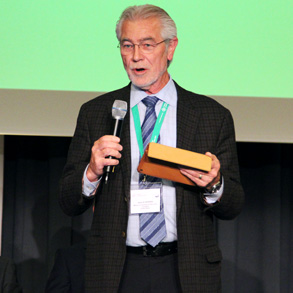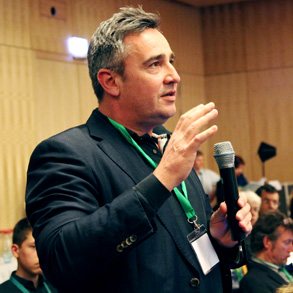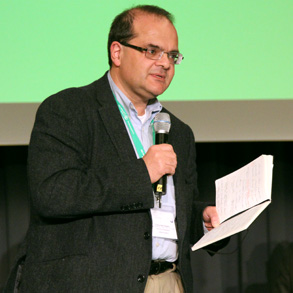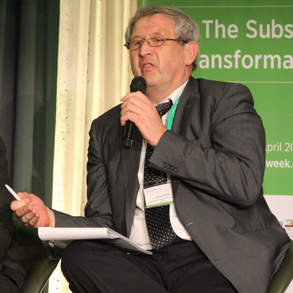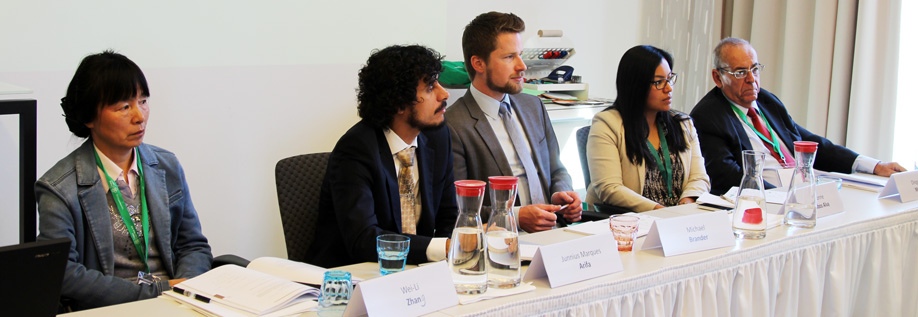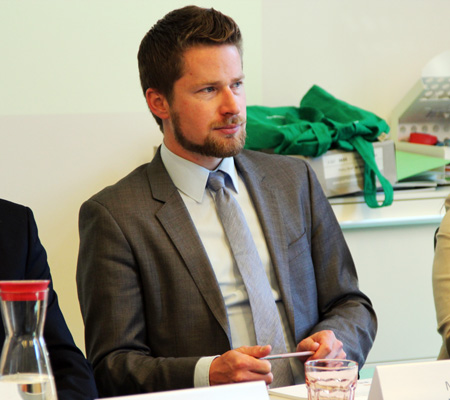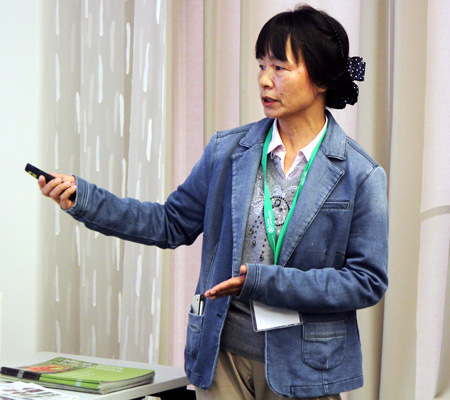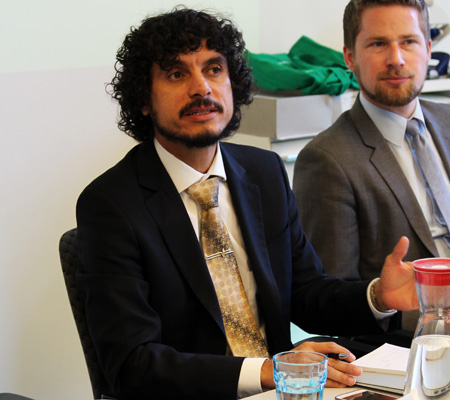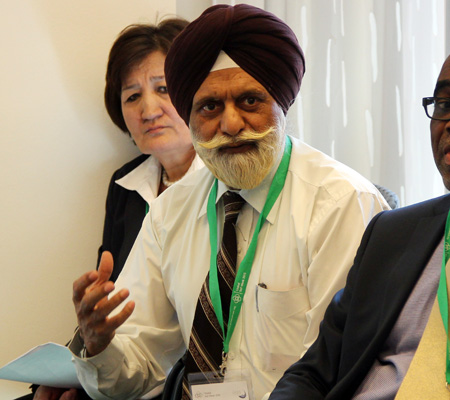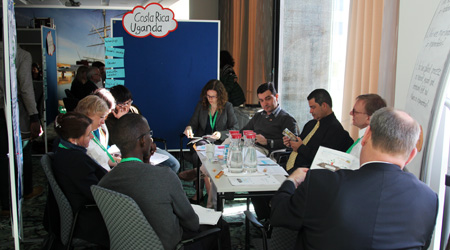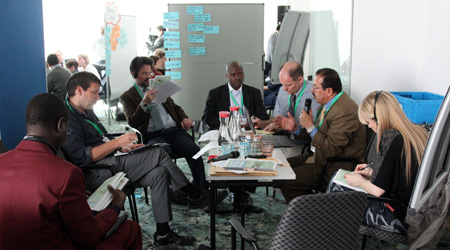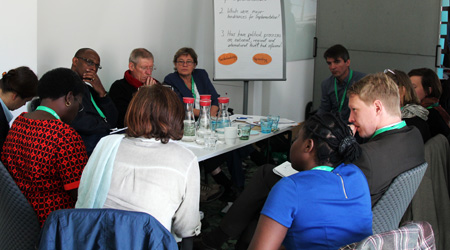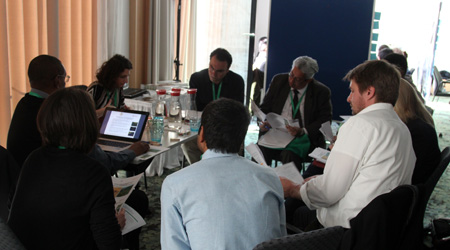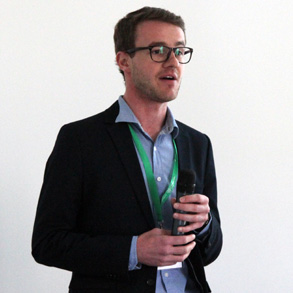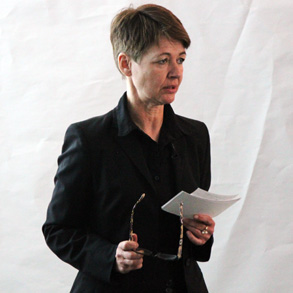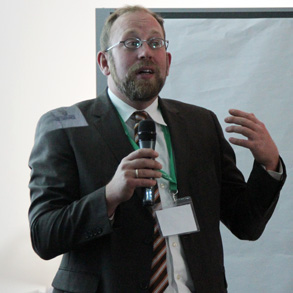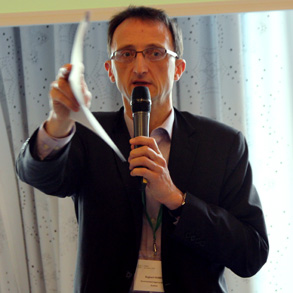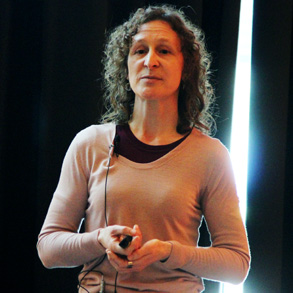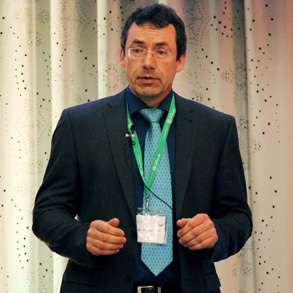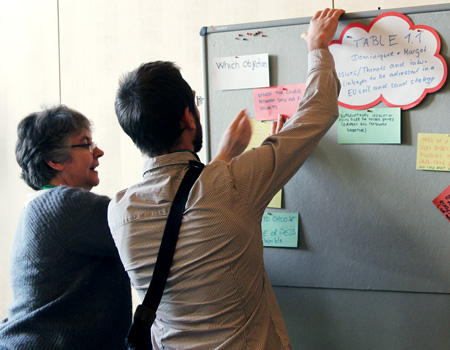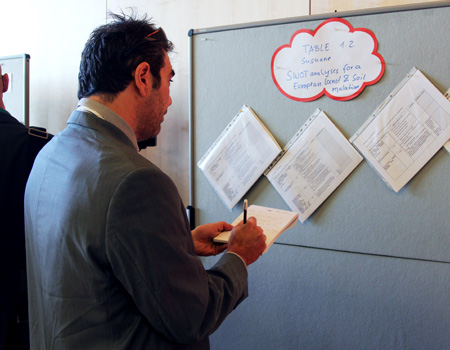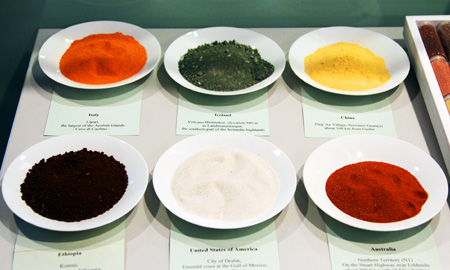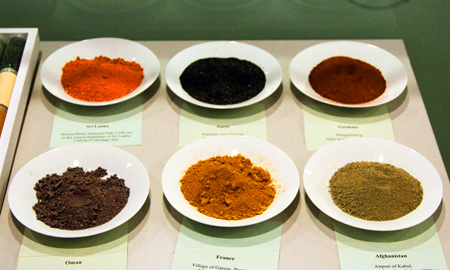| | |
|
| |
|
IISD Reporting Services, through its ENB+ Meeting Coverage, has produced a summary report of the “Global Soil Week 2015: Soil. The Substance of Transformation.” in HTML and PDF format.
|
|
| | |
| | |
|
Participants to Global Soil Week 2015 attended dialogue sessions in the morning to discuss: grounding global soil and land initiatives; challenges of doing transdisciplinary research; supporting soil decision making through soil and land information; land rehabilitation for food security; integrating arguments from the economics of land degradation into decision making processes; societal commitment towards healthy soils; cross-national strategies for soil protection and land use; the role of grass and grazing livestock in building resilience to climate change; and celebrating the International Year of Soils.
In the afternoon, participants convened in a plenary session to review the outcomes of the dialogue sessions and discuss an integrated perspective on the post-2015 agenda, including challenges of balancing competing demands placed on scarce soil resources.
In her keynote speech, Sara Scherr, President and CEO, EcoAgriculture Partners, introduced the landscape approach as a way to operationalize integrated management approaches. She stressed the need for a shift towards an approach that achieves multi-stakeholder, multi-objective integrated landscape management. Klaus Deininger, Lead Economist, Development Economics Group, World Bank, provided insights on linking land tenure and land use. He emphasized that interventions often involve risks, underscoring that proper land planning needs an inclusive process and multi-stakeholder approach, as mistakes may be fatal.
A panel of experts reflected on other aspects of managing soils as a non-renewable resource, including integrated land management, the role of human rights as overarching framework, the need to move beyond silos in research and practice, as well as the link between soil management and food security.
| |
| | |


